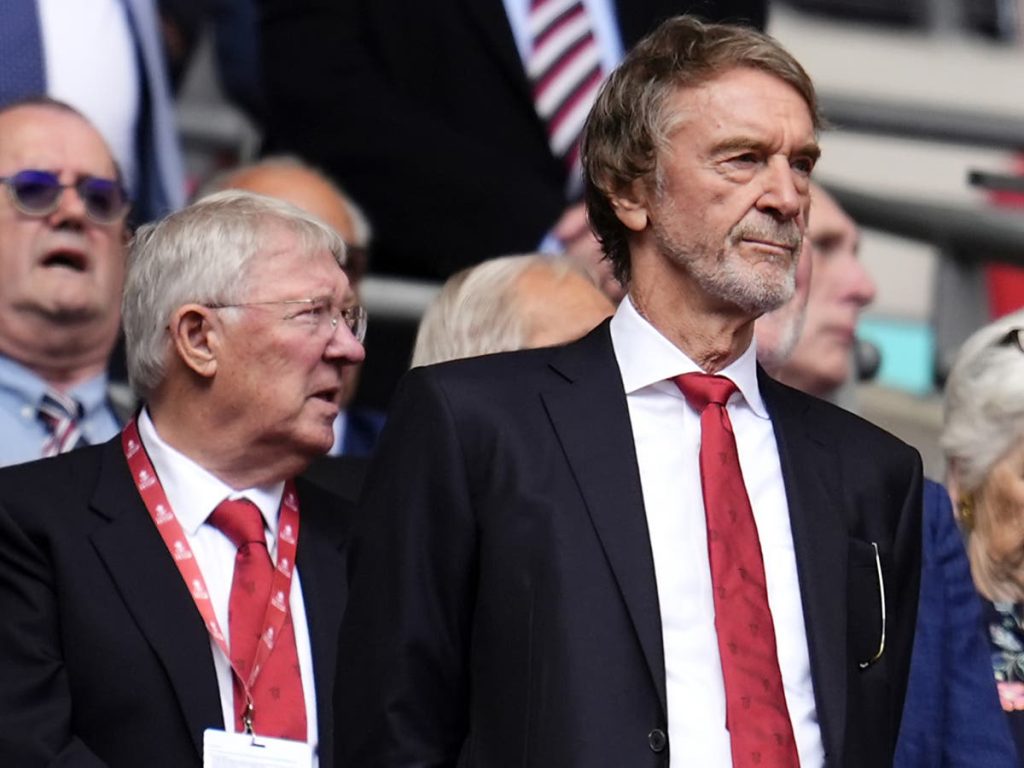In the evolving landscape of football management, the departure of iconic figures can signal significant shifts within a club. Manchester United’s recent decision to part ways with Sir Alex Ferguson exemplifies this transformative trend.
Ferguson’s exit as an ambassador under new part-owner Jim Ratcliffe marks a turning point, reflecting broader themes of modern football dynamics and financial imperatives.
The presence of Sir Alex Ferguson at Manchester United extended beyond his official retirement as manager. With the Glazers compensating him for an ambassadorial role, Ferguson remained a symbolic figure at the club. His influence was palpable, affecting the dynamics within the club, with his legacy casting a long shadow over his successors. This scenario diverges from typical practices at other clubs.
By retaining Ferguson on their payroll, the Glazers effectively secured his silence. In his role, Ferguson refrained from criticising the club’s ownership, adding to the stability of their regime. Effectively, his presence underlined an implicit support, making him a crucial ally in the owners’ quest to maintain control, much to the chagrin of protesting fans.
Throughout various takeover attempts, Ferguson’s non-interference played a pivotal role. The Red Knights, led by Jim O’Neill, sought to purchase Manchester United but were thwarted, in part due to Ferguson’s silence. His absence from dissenting voices arguably deprived these potential buyers of a powerful ally who might have influenced the Glazers’ stance.
Jim Ratcliffe’s acquisition introduced a paradigm shift, marked by the termination of Ferguson’s ambassadorial contract. Ratcliffe’s strategic decision to cut ties with Ferguson reflects a broader cost-cutting measure within the club. While this decision stirred dissent among fans, it signifies a desire to usher in new management underpinned by fiscal responsibility.
In modern football, financial considerations often dictate club policies. Ratcliffe’s approach is indicative of a pragmatic perspective, where sentimental ties to former glories are secondary to financial health. This pragmatic approach, while controversial, is not uncommon in today’s football landscape where economic pressures are omnipresent.
The reaction from the supporters reflects deep-seated loyalties and the difficulty of reconciling past successes with present challenges. The sentiment against Ratcliffe highlights the emotional investment that fans have in club heritage, prompting debates about the role of past figures in shaping the club’s future.
Despite the controversies, Ferguson’s legacy remains untarnished among fans. His achievements and impact are immortalised in the history of the club, setting a benchmark for success. Nevertheless, the decision to part ways with him as an ambassador indicates a significant shift in United’s approach to honouring past legacies while striving for contemporary objectives.
Ferguson’s departure underscores Manchester United’s strategic realignment under Ratcliffe, balancing heritage with pragmatic management. The club’s future hinges on adapting to these evolving dynamics.
A challenging era unfolds as United seeks to reconcile past legacies with present and future ambitions.

